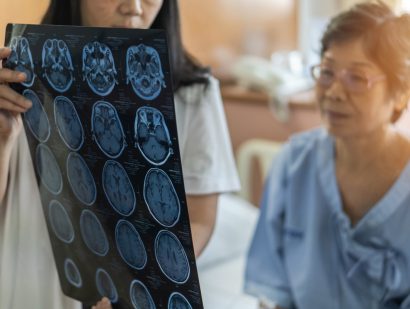- Find A Medical Provider
- Auto Injuries
- Common Injuries
- Medical/Pharmaceutical
- Types of Medical Injuries
- Malpractice Injuries
- Drug and Medical Device Injuries
- Drugs and Devices Linked to Cancer
- Opioid Addiction
- Drugs and Devices Known to Cause Injury
- 3M Combat Arms Earplugs – Hearing Loss
- Accutane
- Aciphex
- Actonel
- Actos
- Adderall and Ritalin
- Advair
- Aldara (Imiquimod)
- Alli
- Ambien
- Amiodarone
- Anzemet
- Aptivus
- Aranesp
- Arava
- Atorvastatin
- Avandia
- Benicar
- Birth Control Medication
- Blood Thinners
- Essure
- Fosamax (Alendronate Sodium)
- Gadolinium-Based MRI Contrast Agents
- Granuflo
- Hernia or Surgical Mesh Injuries
- Hydroxycut
- Inferior Vena Cava Filters
- Invokana Toe and Foot Amputations
- Ketek
- Levaquin
- Lipitor
- Mirapex
- Neurontin
- Onglyza
- Over-the-Counter Medications
- OxyContin
- Paxil
- Power Morcellators
- Pradaxa
- Propecia
- Reglan
- Talc Powder
- Trasylol
- Valsartan
- Viagra
- Xolair
- Zelnorm
- Zoloft
- Work Injuries
- Sports Injuries
- Marketing Services
- Blog
List your practice on InjuredCare | Log in / Sign up
Opioid Addiction: Signs and Symptoms

Opioid misuse is a severe epidemic occurring in many places across the U.S. From small towns to larger cities, opioid addiction is causing people of all walks of life significant health problems and financial burden. In order to maintain your health and well-being, and that of your loved ones, it's critical to understand the signs and symptoms of opioid abuse and how even the most responsible of people can become addicted to opioids.
How does this happen?
There are a number of reasons a person might turn to drugs for recreational use; however, the current U.S. opioid epidemic is about more than recreational use. It involves severe, life-changing addiction.
Opioids are powerful drugs that can be utilized in a medical setting to address symptoms of chronic pain. However, just because your doctor prescribes an opioid-based drug, such as Vicodin, morphine or Codeine, does not mean that you won't experience negative effects or form a dependence/addiction. In fact, 21-29% of people prescribed opioids for chronic pain end up misusing their prescription, and 80% of heroin users first used prescription opioids before transitioning to heroin use (National Institution of Drug Abuse).
This misuse can likely be directed to pharmaceutical companies failing to adequately warn the medical community about the severity of the effects (especially the addictive properties of opiates) in the 1990s. Patients therefore were not properly informed of the potential risk factors and importance of taking opioid medications as directed.
As opioids provide pain relief and even a sense of euphoria, patients who otherwise would be experiencing pain and discomfort can seamlessly develop a dependence on opioids, even if they use the prescription as directed. It is critical to talk with your doctor frequently and understand the signs and symptoms of opioid dependency.
Environmental exposure can also lead people to experiment with prescription or illicit drugs. Those with little or no introduction to opioid use will be far less likely to become addicted to opiates than those who have a closer proximity to regular opioid misuse.
Signs a person is misusing opioids
Due to the powerful effects of opioids, patients can quickly develop life-altering symptoms if they become dependent upon opiates for pain relief, or proper dopamine release. Not only can these symptoms lead to negative effects on those afflicted with opioid addiction, but opioid drugs can also lead to fatal overdoses. For these reasons, it's critical to monitor yourself or any loved ones that are taking opioids in order to identify the below signs of misuse early and intervene if necessary:
- Increased levels of irritability
- Changes in mood or demeanor
- Taking more than the recommended amount
- Unusual absences or changes in normal routine/behavior
- Urging doctors to prescribe opiates rather than trusting a doctor's recommendation
- Changes in sleep pattern
- Noticeable peaks and valleys in mood, motivation, energy levels, etc.
- Increased anxiety
- Decreased appetite (may lead to noticeable and unhealthy weight loss)
Symptoms of opioid misuse
In addition to changes in a person's habits or appearance, opioid abusers will experience these symptoms once their abuse of opioids has persisted for a given period of time:
- Loss of energy
- Digestive issues
- Euphoria
- Irregular breathing (breathlessness)
- Chest pain
- Confusion
- Lack of focus due to the extreme physical and psychological dependence
- Bronchospasm
- Nausea
- Death (in cases of an overdose)
- Withdrawal symptoms - entire body aches, sweating, chills, vomiting, headaches, fever, diarrhea









